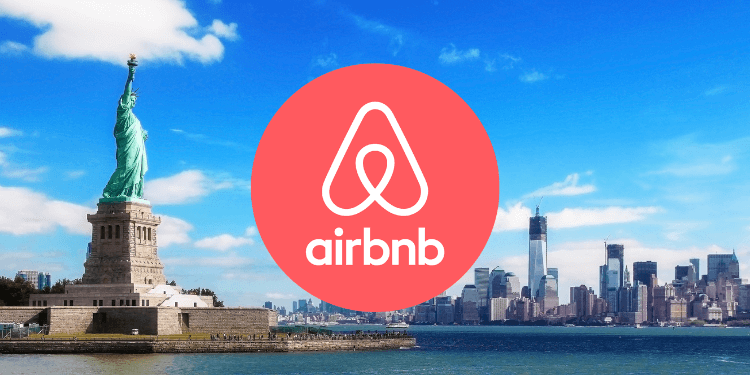Airbnb, once the disruptor of the travel industry, now faces challenges from cities implementing regulations on short-term rentals. New York City’s recent Local Law 18 mandates that short-term rental hosts register with the city and remain present during the guest’s stay. This law, described by Airbnb as a “de facto ban” on their operations in NYC, echoes growing sentiments in cities worldwide, including Dallas, Memphis, Quebec, San Francisco, Paris, and Barcelona.
Despite these challenges, Airbnb has frequently collaborated with local officials to strike a balance, addressing urban concerns while preserving its business model. Theo Yedinsky, Airbnb’s global policy director, stated, “The city is sending a clear message to millions of potential visitors … You are not welcome.” Yet not all experts see these regulations significantly impacting Airbnb. The company thrives in “cottage communities” where rentals are popular and welcomed. Marcus Rader, CEO of Hostaway, notes that the core of Airbnb’s business lies outside urban areas.
The COVID-19 pandemic further bolstered Airbnb’s position, as travelers sought secluded rentals in overcrowded cities. Jamie Lane of AirDNA highlights the increased preference for places where groups can stay away from their homes while limiting exposure to the unfamiliar.
While urban restrictions may pose challenges for Airbnb, the platform’s diversified offerings ensure resilience. As travelers evolve in their preferences, Airbnb’s adaptability will likely help it navigate changing landscapes, emphasizing its strength in less-regulated regions, and meeting the demands of the post-pandemic traveler.



















































